by Anis Pervez
In his ethnographic short film “House of Light”, Bangladeshi filmmaker Mahmud Hasan Kayesh portrays his family—husband, wife and two little sons. They are locked inside the house, typical of the Covid-19 era, when the world stands still and people sweat lightly under their garments, not knowing if they will still be living the next moment. Kayesh paints the scenario from an opposite perspective—adopting an intimate tone as the family lives by and for itself. With his mobile phone camera footage from 25 March to 31 May of 2020, Kayesh portrays the intimacy as the family is knitted together; a contrast to the conventional experience of Covid-19. Kayesh thus goes against the dominant discourse and shows instead the warmth of home that nourishes human strength to stay calm as the pandemic's grasp spreads.

Darkness is where the film begins. From the womb of no light, a voice sounds from a distance in the neighborhood mosque—a call for fasting. It is the time for fasting in the Muslim world. The man of the house prays while the woman takes care of closing the dining table. Lights go out. As dawn arrives, the birds chirp. A mid shot from outside the window shows the man of the house awakening. A day begins. A day of being locked inside the house, and connecting to the outside only from the veranda where the world is glimpsed through the metallic fence.
The man, Kayesh himself, appears a few times, mainly doing his prayer, and once in the veranda. His wife and the children move around inside the house—she is doing housework and purchasing groceries from the top floor verandah and dealing with the grocery-man in the street. The kids play and occasionally prepare their lessons. Mother and sons titter, reaffirming the normality in this intimate family circle.
The camera inside the house uses mainly mid shots, with the space obliterating the suffocating sense of a lockdown. One remarkable shot shows three layers—Kayesh praying, his wife cooking in the distance, and his son cycling. The entire shot is illuminated with harmonic light and shadow brushing hours inside with the warmth and orchestration of family life.

The house, albeit tiny, is a child's world in which to move around and discover things. Kayesh's youngest son—a little kid of two years at best—walks at a pace as if he is galloping a meadow with things to discover and play with. We see him in a long shot from a low angle. Our habitual view from an adult's eye level sees a different world; the low angle shot makes us experience the kid's perspective and perception, something that usually we do not consider.
The veranda's metallic fence separates the house from the outside; its role changes during the lockdown—it becomes the connector instead of a divide. From the house, through the fence, we perceive the outside, we connect to the world. Long shots and mid shots capture the unusually calm outside. A megacity and its narrow alleys are almost empty of humans, only a vendor passes by after an interval, a beggar asks for alms. But nature has its own course, it rains, birds chirp, and the wind whispers. A serenity appears outside the fence when people inside are enveloped in the balminess that family life has to offer. The film ends with the marvelous lines of Jalāl ad-Dīn Mohammad Rūmī:
“I will never leave this House of Light,
I will never leave this blessed tow
for here I have found my love
And here I will stay for the rest of my life.”
“House of Light” is a film of repose and serenity against a seemingly traumatic feeling that humans undergo when not in touch with the outside world. Instead, it can be a blessing to settle back to home—at home, people weave bonds and love frees them from fear and angst. Kayesh reverses our understanding from trauma to serenity and takes us from outside to inside. He does so by translating his ethnographic experience to moving images. Hence, “House of Light” is a film to comfort us during the days of the pandemic. It has been screened at several film festivals including the One World Media Festival.
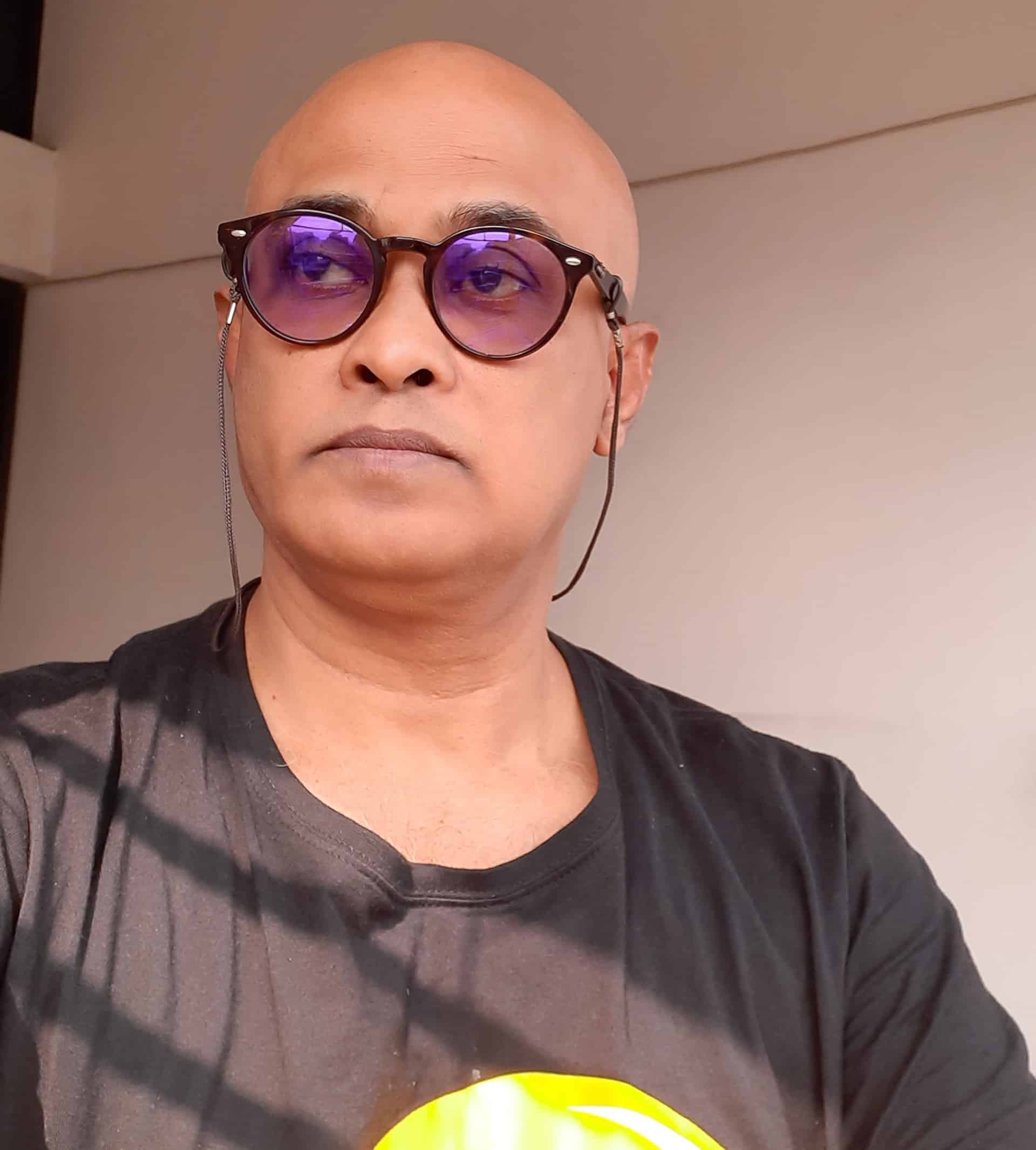
Dr. Anis Pervez is a communication, cognition, and cinema researcher. Pervez has served several organizations in Bangladesh, the USA, and Norway as a media and cinema teacher, communication researcher, and development consultant. He has published on cinema, cognition and information in different academic journals. Currently, Pervez is researching cybernetic film theory.


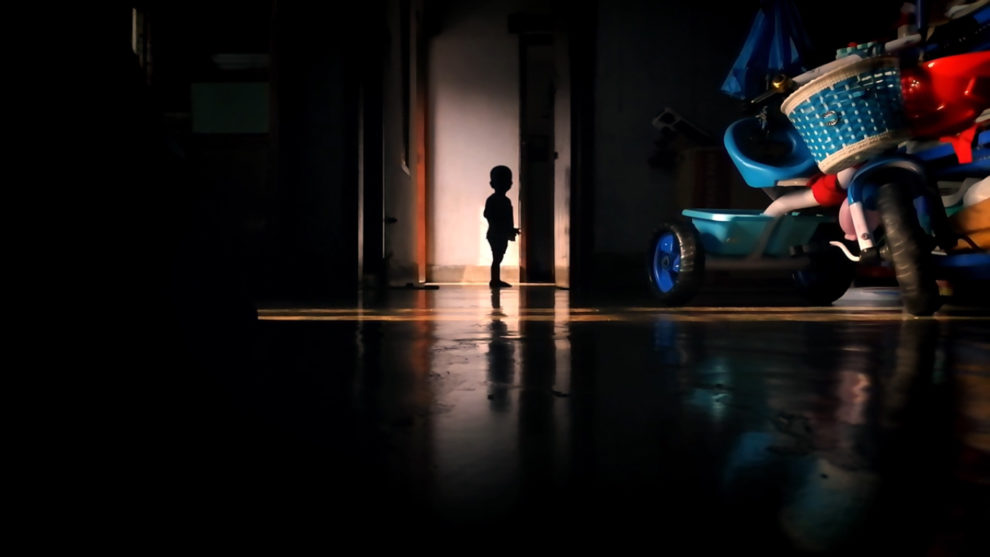
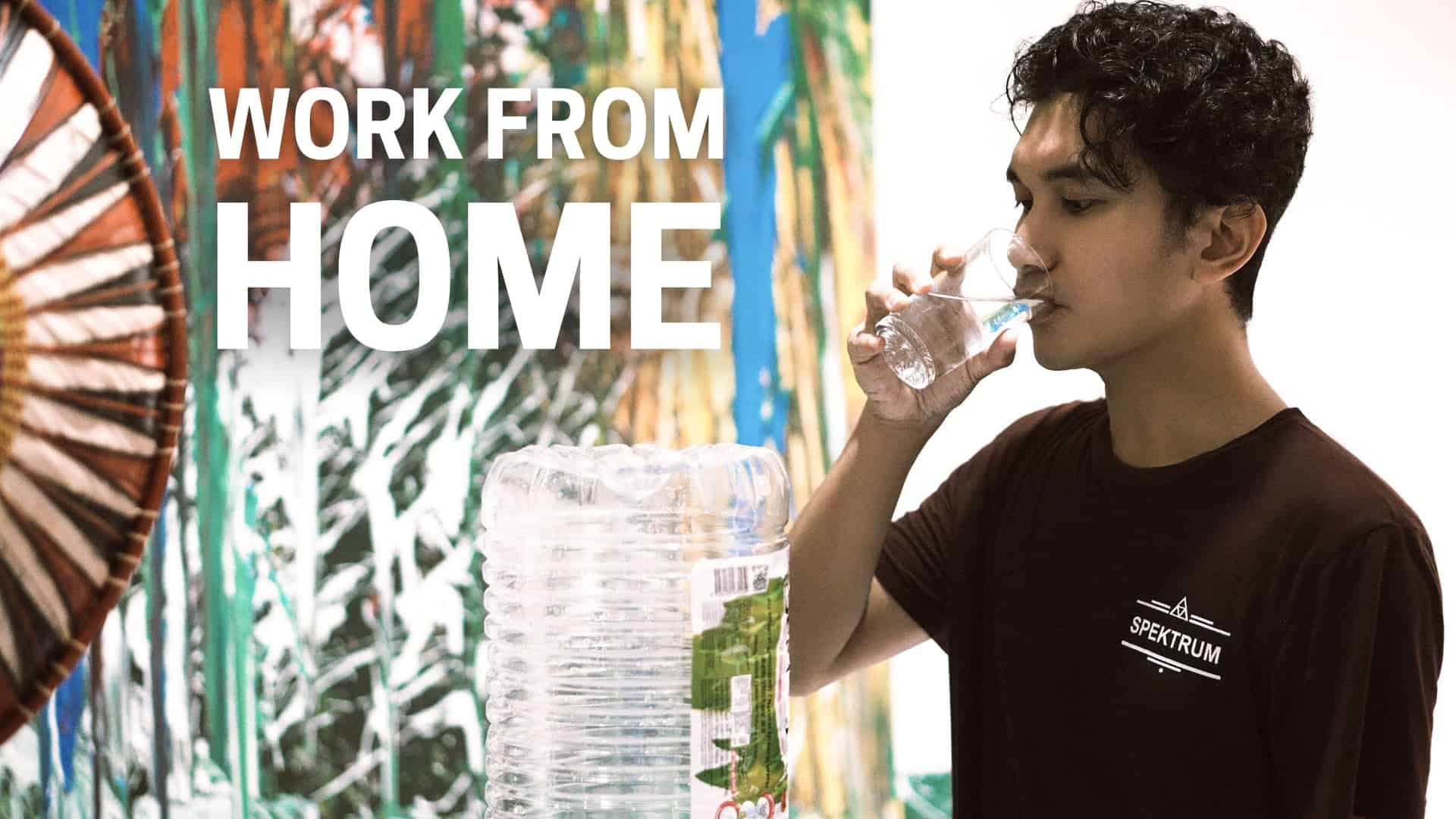
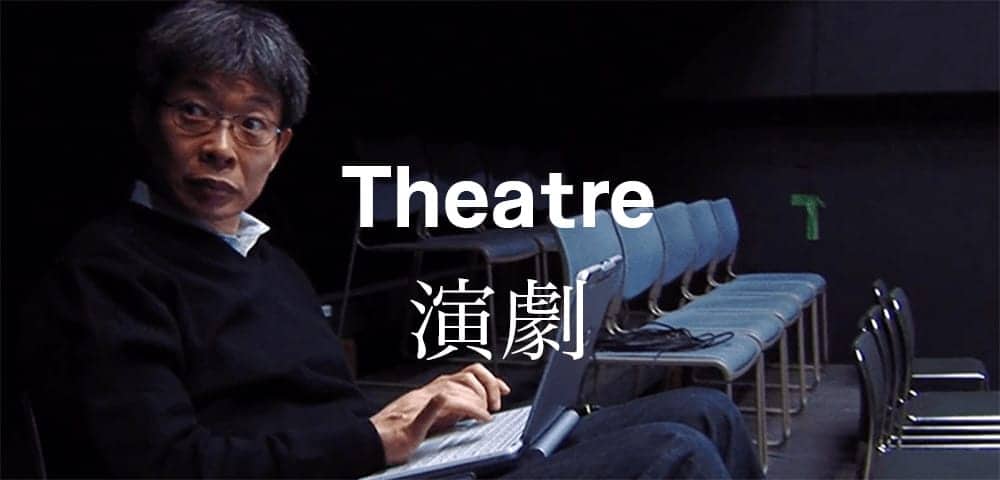

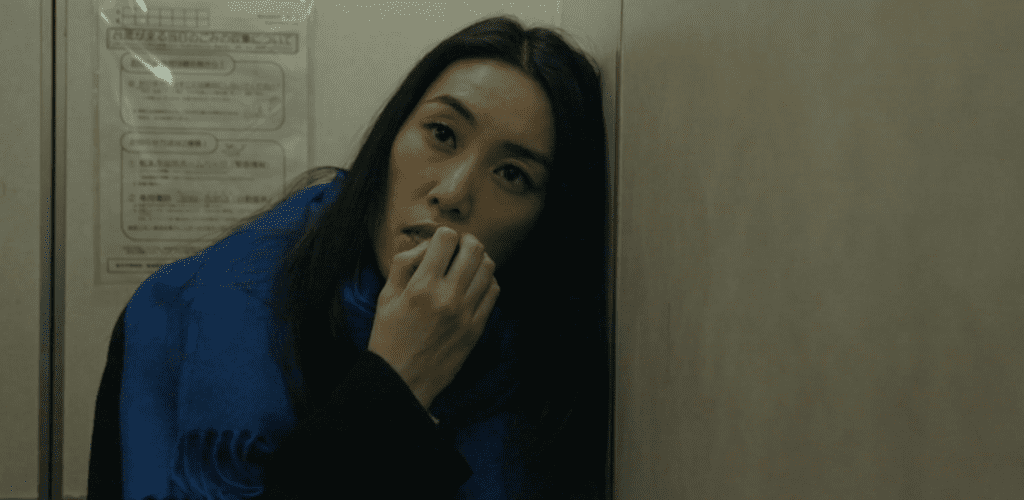

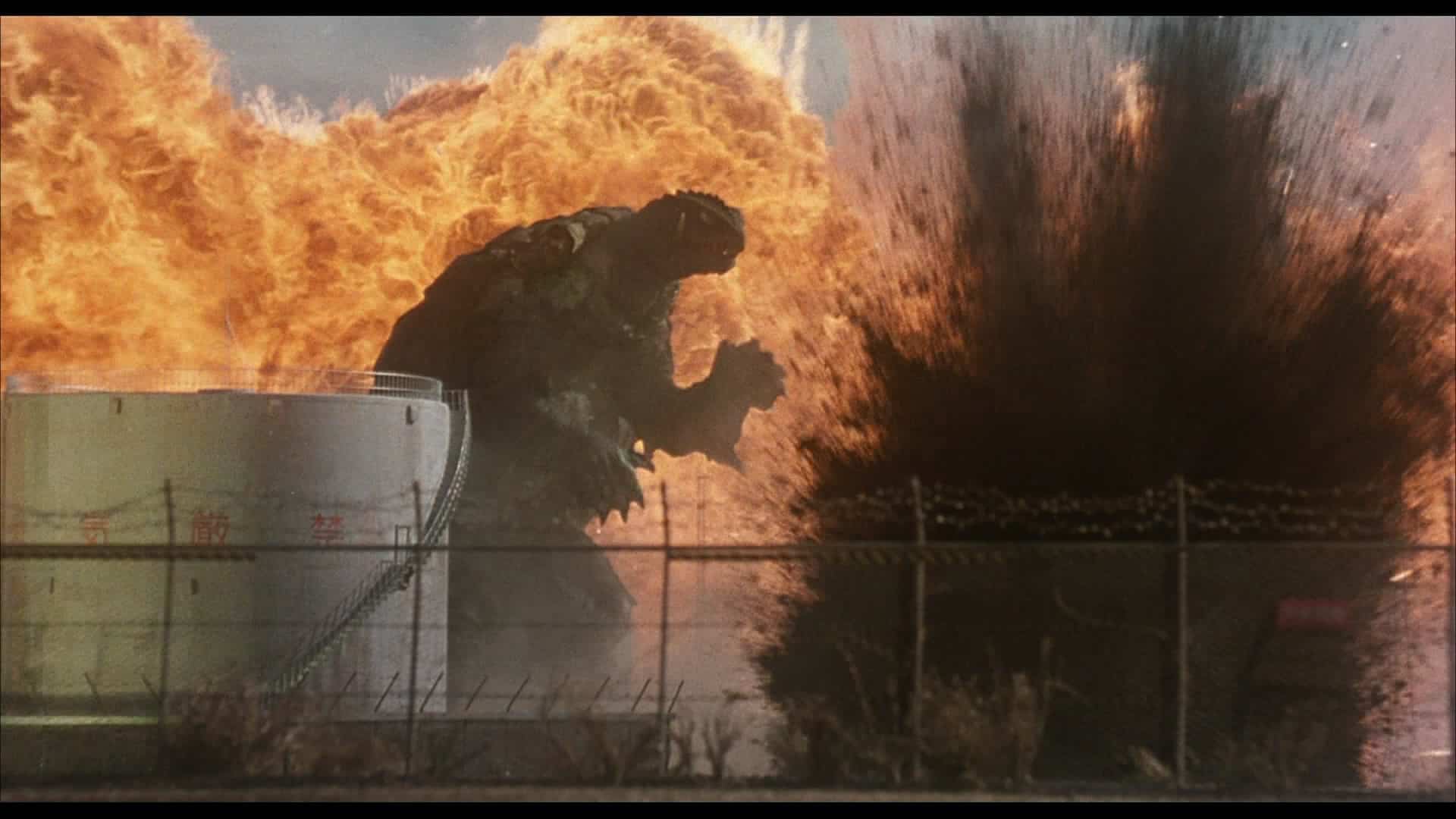







What a lovely review. Thank you for bringing this film to my attention.
We thank you for your kind words
Thanks for your kind words